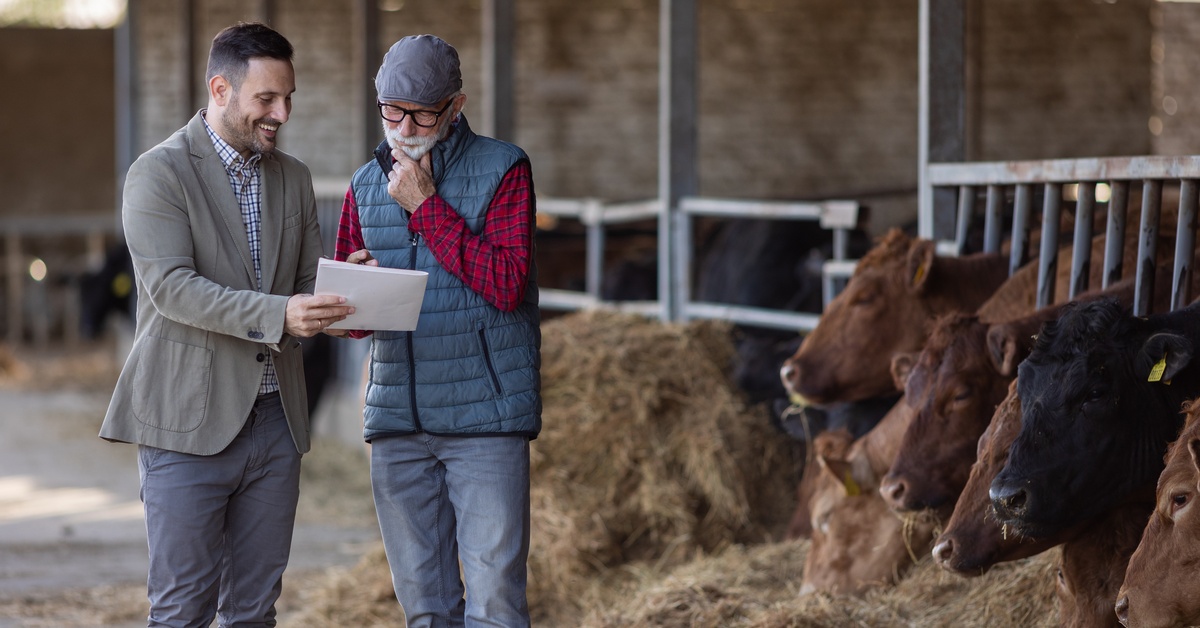Land Closing Process: What Buyers Should Expect
November 20, 2025 11:30 am PST

After searching for the perfect property, you have finally found it and made an offer. Now, you enter the final stage of the land buying journey: the closing process. This step is where the ownership of the land officially transfers from the seller to you, the buyer. Understanding what happens during this phase can help you navigate it with confidence and ensure a smooth transaction. Let's walk through what you can expect during the land closing process.
This final part of your purchase involves several key activities, legal documents, and financial transactions. From title searches to signing the final papers, each element plays a crucial role. Preparing for these steps ahead of time makes the entire experience less stressful and more straightforward. Knowing what to expect during the land closing process empowers you to ask the right questions and ensure all details are handled correctly before you officially become a landowner.
What Is a Land Closing?
A land closing, also known as settlement, is the final phase of a real estate transaction where property ownership formally transfers to the buyer. During this process, you will sign numerous legal documents, pay all closing costs, and receive the deed to your new land. The closing finalizes the agreement between you and the seller, making you the legal owner of the property. It concludes all the negotiations and preparations that occurred after your initial offer was accepted.
Who Attends the Closing?
Several key individuals attend the closing to ensure the transaction proceeds correctly. Typically, you can expect to see the buyer (you), the seller, and a closing agent. The closing agent, often a title company representative or an attorney, facilitates the process. In some cases, real estate agents for both the buyer and seller may also be present to provide support and answer any last-minute questions. The specific attendees can vary by state and the complexity of the sale.
What Is a Title Search?
A title search is a critical step that happens before closing day. A title company or attorney examines public records to verify the seller's legal right to sell the property. This search uncovers any potential issues, such as liens, unpaid taxes, or conflicting ownership claims that could affect your ownership rights. A clean title is essential for a secure investment, and this process protects you from future legal and financial problems related to the land's history.

What Is Title Insurance?
After a successful title search, you will purchase title insurance. This type of insurance protects you from financial loss due to defects in the property's title. If a claim against your property arises from before you owned it, the title insurance policy will cover legal fees and other related costs. There are two types of policies: a lender's policy, which protects the mortgage lender, and an owner's policy, which protects you. An owner's policy provides peace of mind that your investment is secure.
What Are Closing Costs?
Closing costs are the fees you pay to finalize the land purchase. These expenses are separate from the price of the land itself. They cover various services involved in the transaction. You can expect to pay for:
- Appraisal fees: The cost to have the property's value professionally assessed
- Survey fees: The cost to verify property boundaries
- Title search and insurance fees: Charges for the title search and insurance policies
- Attorney fees: Legal fees if you hire an attorney to review documents
- Recording fees: The cost to file the new deed with the local government
- Loan origination fees: If you are financing the purchase, the lender charges this fee for processing the loan
You will receive a closing disclosure document a few days before closing that itemizes all these costs.
What Happens on Closing Day?
On closing day, you will meet with the closing agent to sign all the necessary paperwork. This is your opportunity to ask any final questions about the documents or the transaction. You will need to bring a valid photo ID and a cashier's check or proof of a wire transfer for the total amount of your closing costs and down payment. The closing agent will explain each document before you sign it. The process can take a couple of hours, so plan your schedule accordingly.

What Documents Will I Sign?
You will sign a stack of documents on closing day. The most important of these is the deed, which is the legal document that transfers ownership from the seller to you. If you are financing the purchase, you will also sign a promissory note, which is your promise to repay the loan, and a mortgage or deed of trust, which secures the loan with the property. Carefully review each document before signing, and do not hesitate to ask for clarification on anything you do not understand.
What Is the Closing Disclosure?
The closing disclosure is a five-page form that provides the final details about your mortgage loan. Lenders must provide this document to you at least three business days before your closing. It includes the loan terms, your projected monthly payments, and a summary of all closing costs. Compare your closing disclosure with the loan estimate you received when you first applied for the loan to check for any significant changes or discrepancies.
What Is a Property Survey?
Before closing, you should get a property survey. A licensed surveyor will identify the exact boundaries of your land, as well as the locations of any easements or improvements. This step is crucial when buying land, as it prevents future disputes with neighbors over property lines. A survey also reveals any encroachments, such as a neighbor's fence that might be on your property. Uncovering this information before you buy is always better than discovering it afterward. Whether you are looking at rural acreage or a small plot of land for sale in the USA, a survey provides essential clarity.
How To Prepare for Your Land Closing
To ensure a smooth closing day, preparation is key. Review your closing disclosure carefully and ask your lender about any unfamiliar charges. Arrange for the transfer of funds for your closing costs and down payment ahead of time. Gather all necessary documents, including your photo ID and any paperwork requested by the closing agent. Confirm the time and location of the closing, and make sure you have set aside enough time in your schedule to avoid feeling rushed.
What Happens After the Closing?
Once you have signed all the documents and paid the closing costs, you officially own the land. The closing agent will record the new deed with the appropriate government office, making your ownership part of the public record. You will receive a copy of the key documents for your records. After closing, you can begin making plans for your new property, whether that involves building a home, starting a farm, or simply enjoying your new investment.
Final Steps to Your Dream Property
Completing the land closing process is a major milestone. By understanding each step, you can approach your closing day with confidence. This final part of the transaction ensures everything is legally sound and protects your investment for the future. With the keys in hand and the deed in your name, you are ready to start the next exciting chapter as a landowner.


